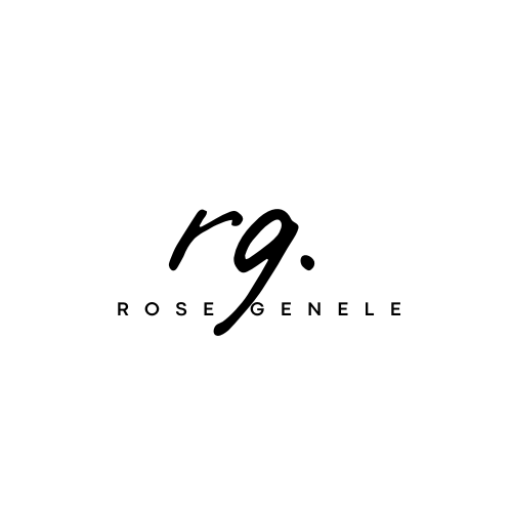Once again, I find myself disheartened, confronted by the uncomfortable reality of collective conformity eclipsing individual thought.
Have you noticed the recent trend flooding our social feeds? “Ghibli-fy” yourself—turning personal portraits into imitation art in the iconic style of Studio Ghibli. Astonishingly, I’ve seen some even tagging Studio Ghibli directly in their posts.
At face value, it might seem harmless—a simple, innocent trend. But beneath the surface lies an unsettling disregard for creative authenticity and integrity. Consider this: Hayao Miyazaki and Studio Ghibli painstakingly dedicate years to create works of profound beauty and depth. Each film comprises around 60,000 to 70,000 meticulously hand-drawn and watercolor-painted frames. One of Miyazaki’s illustrators once spent a year and three months crafting just a four-second scene in “The Wind Rises.”
Yet today, through the convenience of AI and GPT 4.5, we can casually generate “Ghibli-style” self-portraits within seconds, reducing a unique artistic legacy into disposable content. This commodification of someone’s lifetime of dedication and creativity is ethically troubling. Miyazaki, famously critical of AI-generated art, once remarked, “I am utterly disgusted…I strongly feel that this is an insult to life itself.”
Studio Ghibli receives nothing from this. Meanwhile, companies exploiting this trend profit immensely, all at the expense of originality and artists’ rights.
So I ask you, deeply and sincerely: what drives you to join this bandwagon? Is it the human need to feel included, seen, or validated? And if so, at what cost?
This isn’t appreciation. It’s appropriation.
True admiration respects boundaries and honors the integrity of creative work. When we leap onto viral trends without reflection, we risk eroding the very essence of what makes art meaningful. We abandon principle to momentarily belong.
Pause, reflect, and ask yourself:
Where is your humanity in all this?
